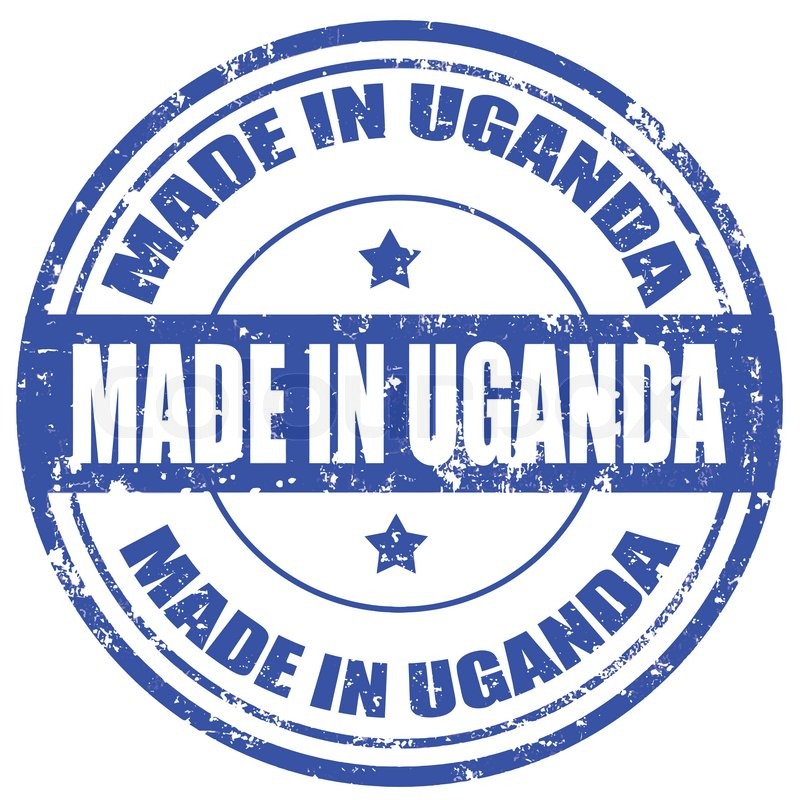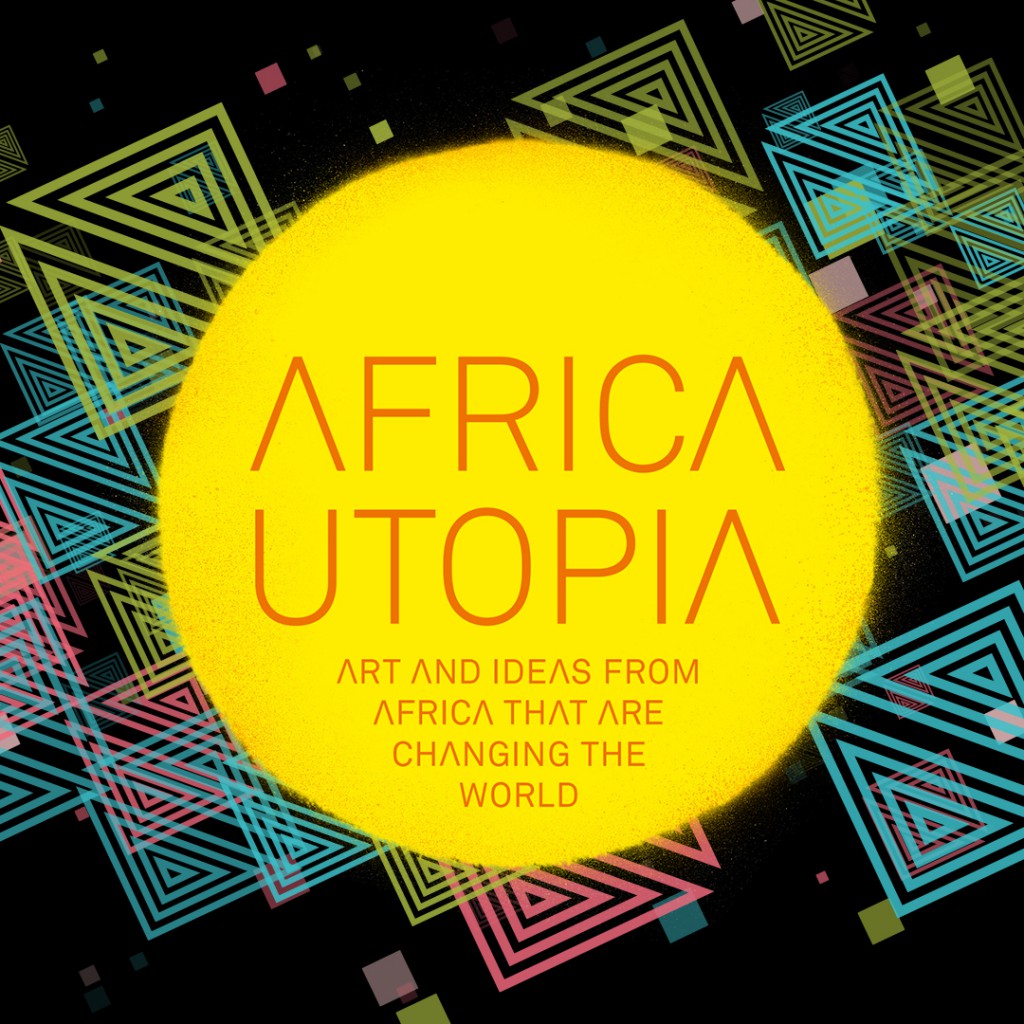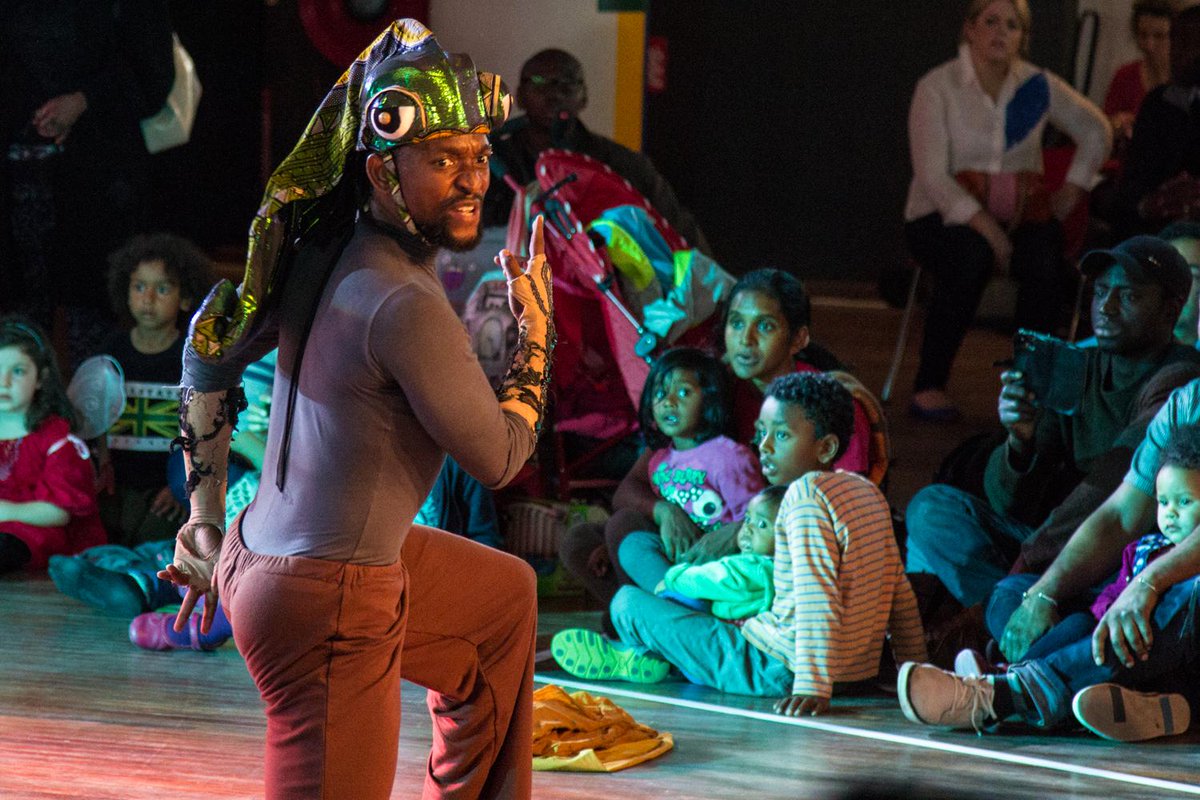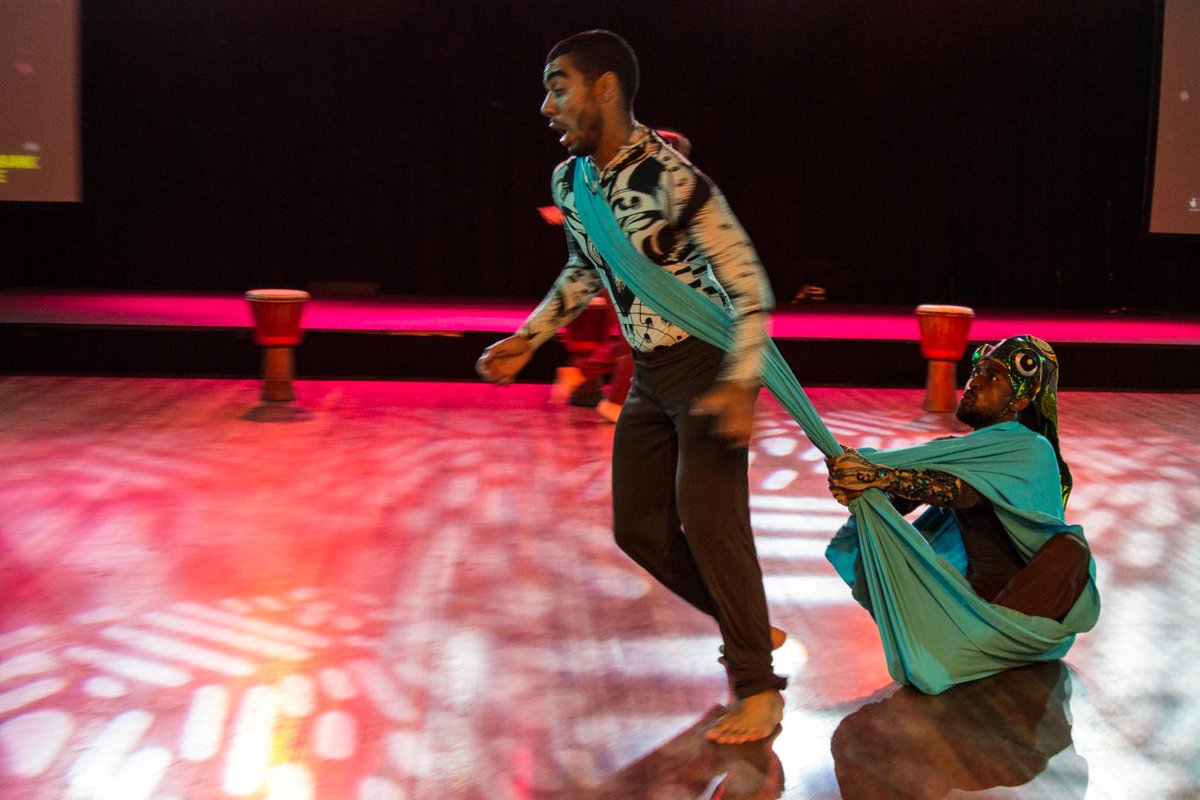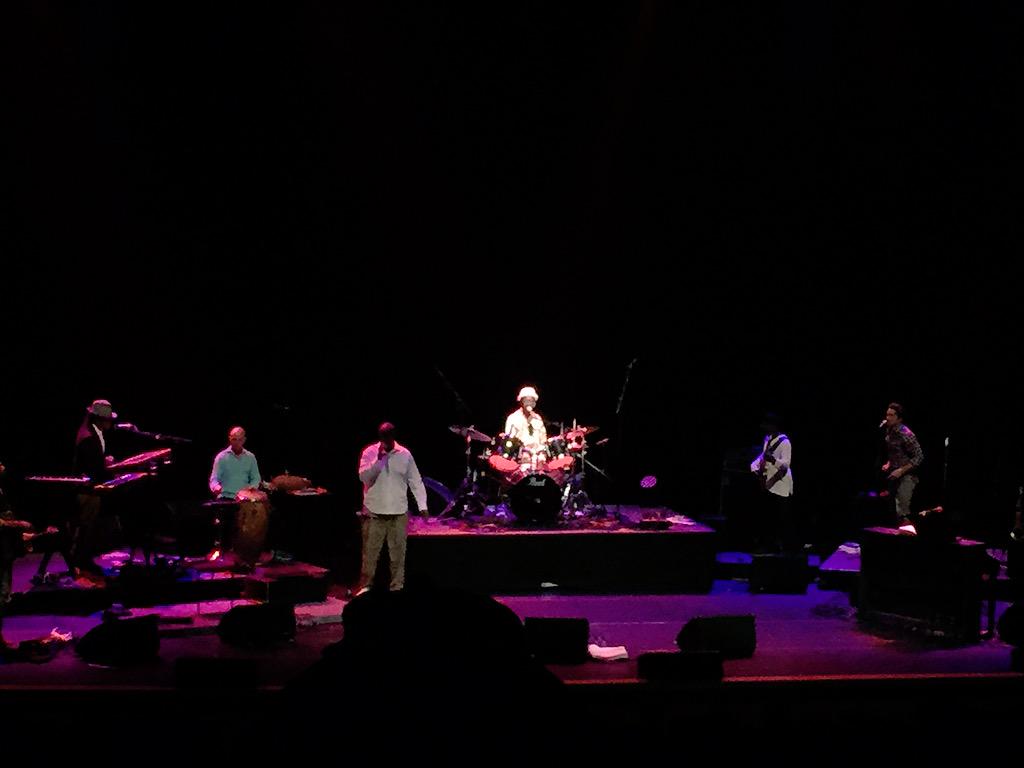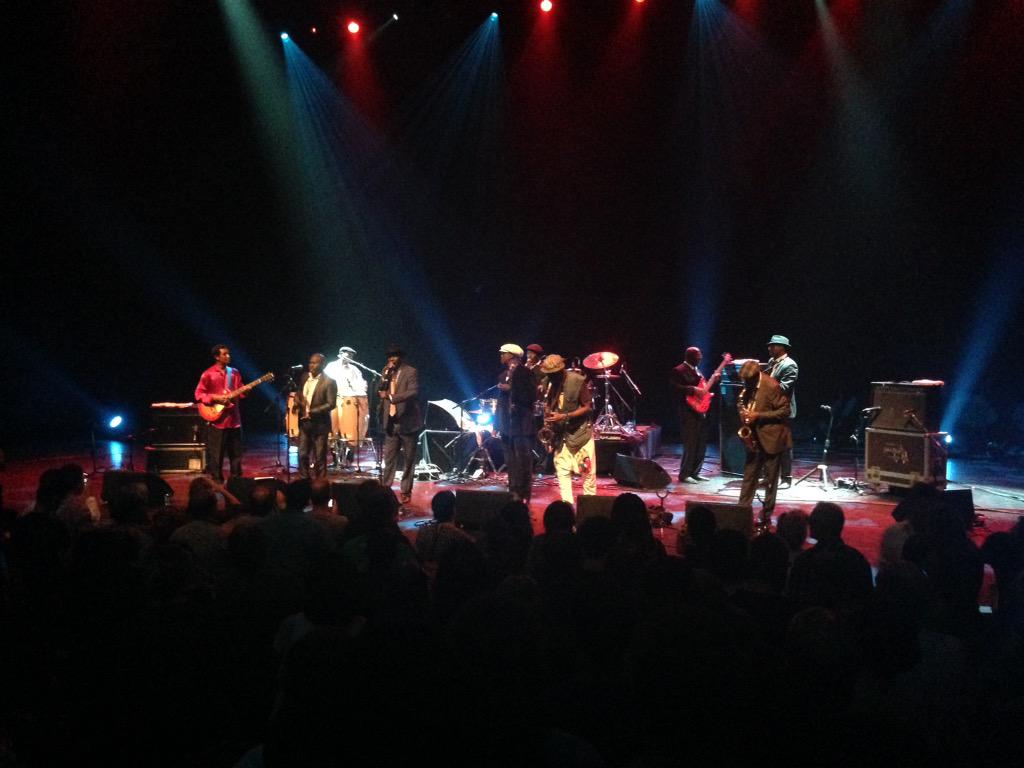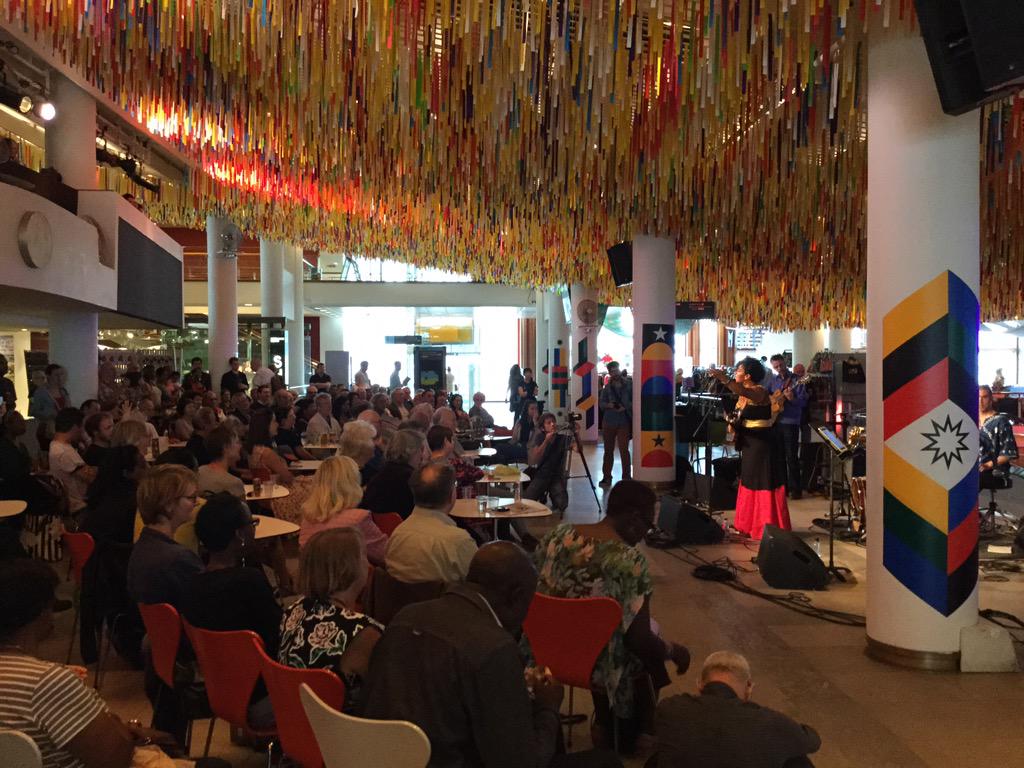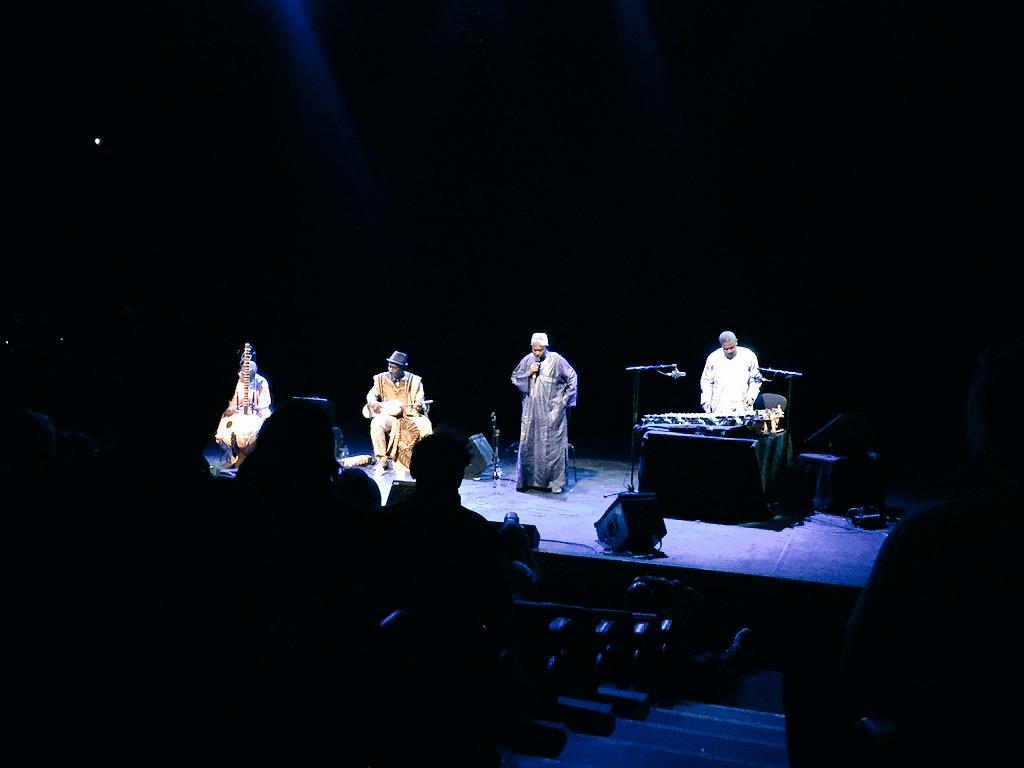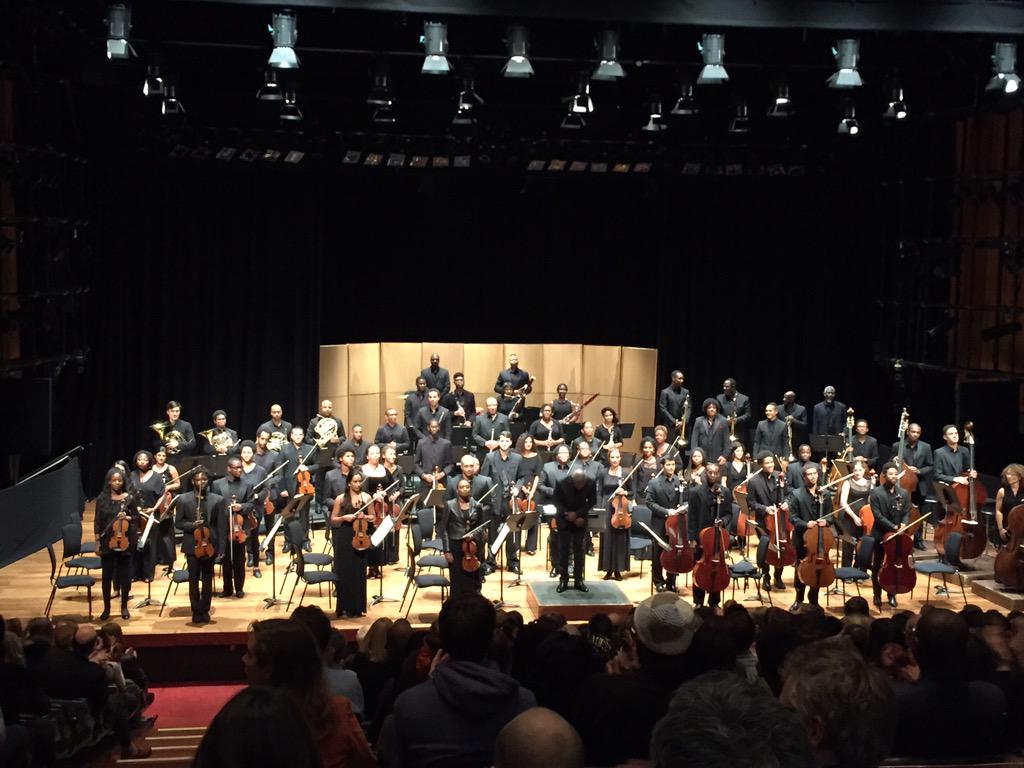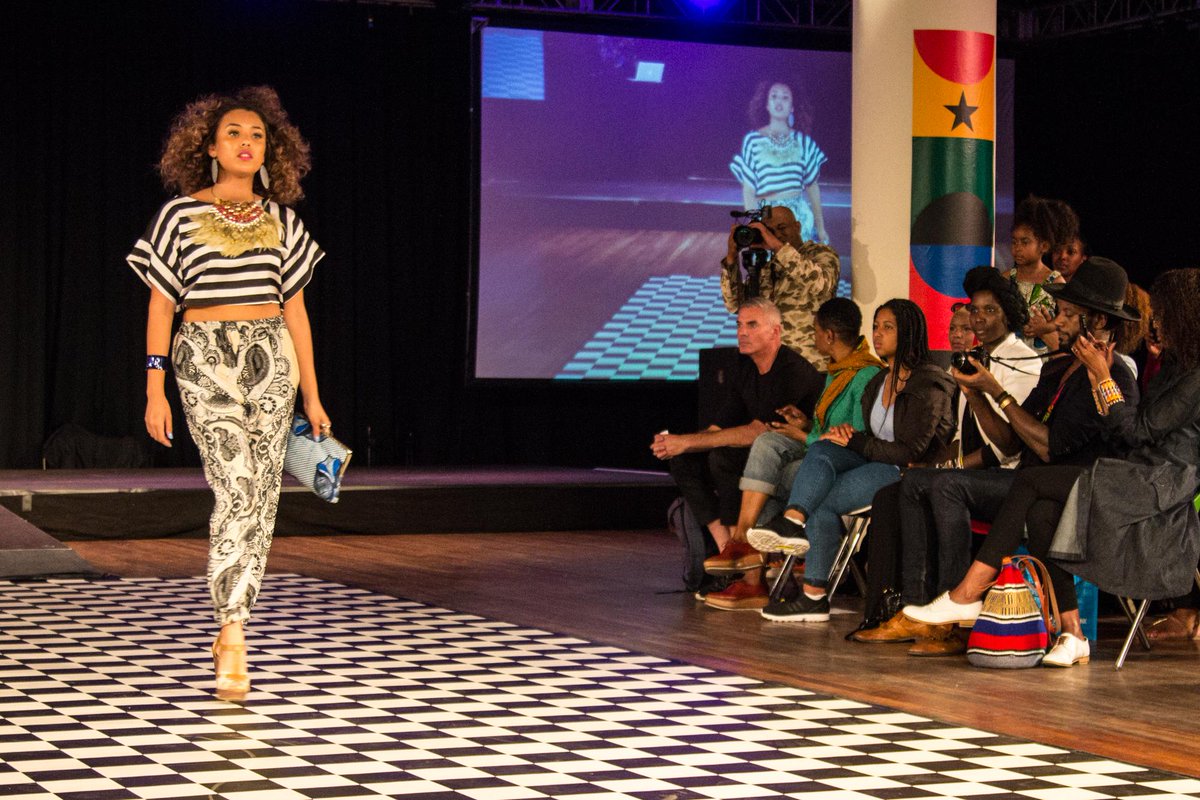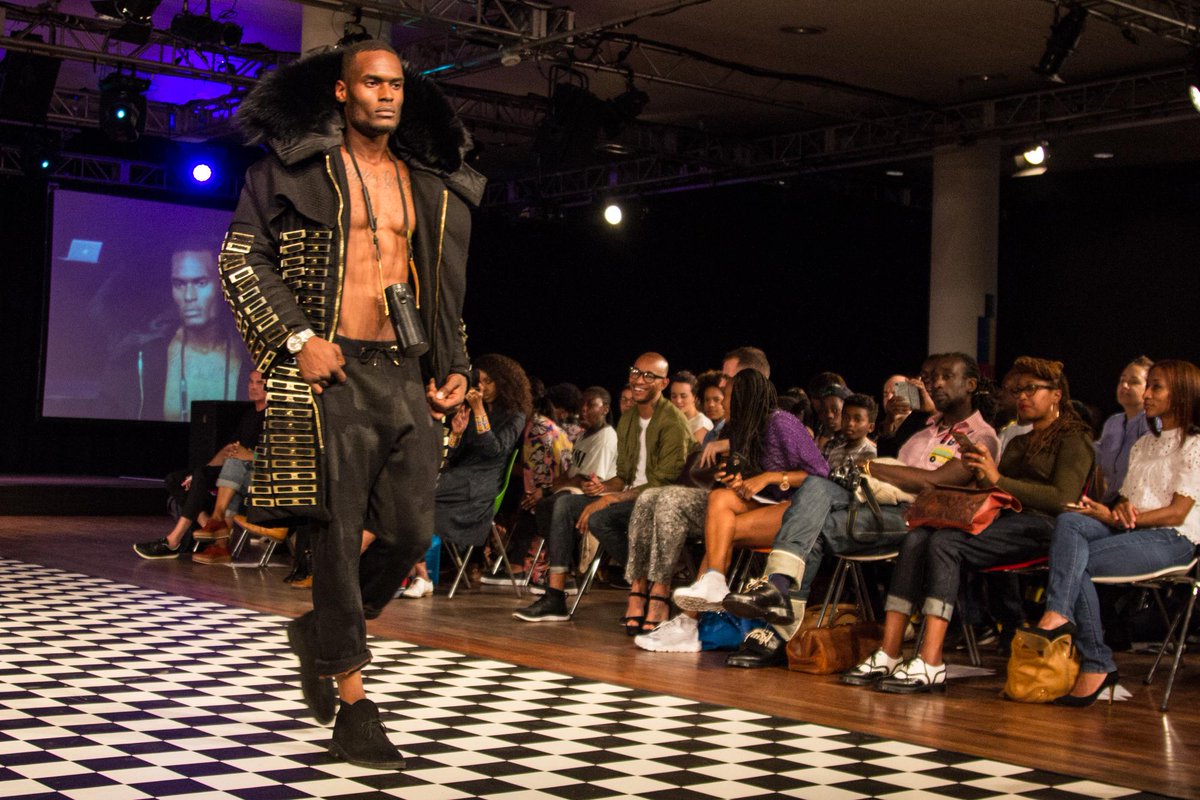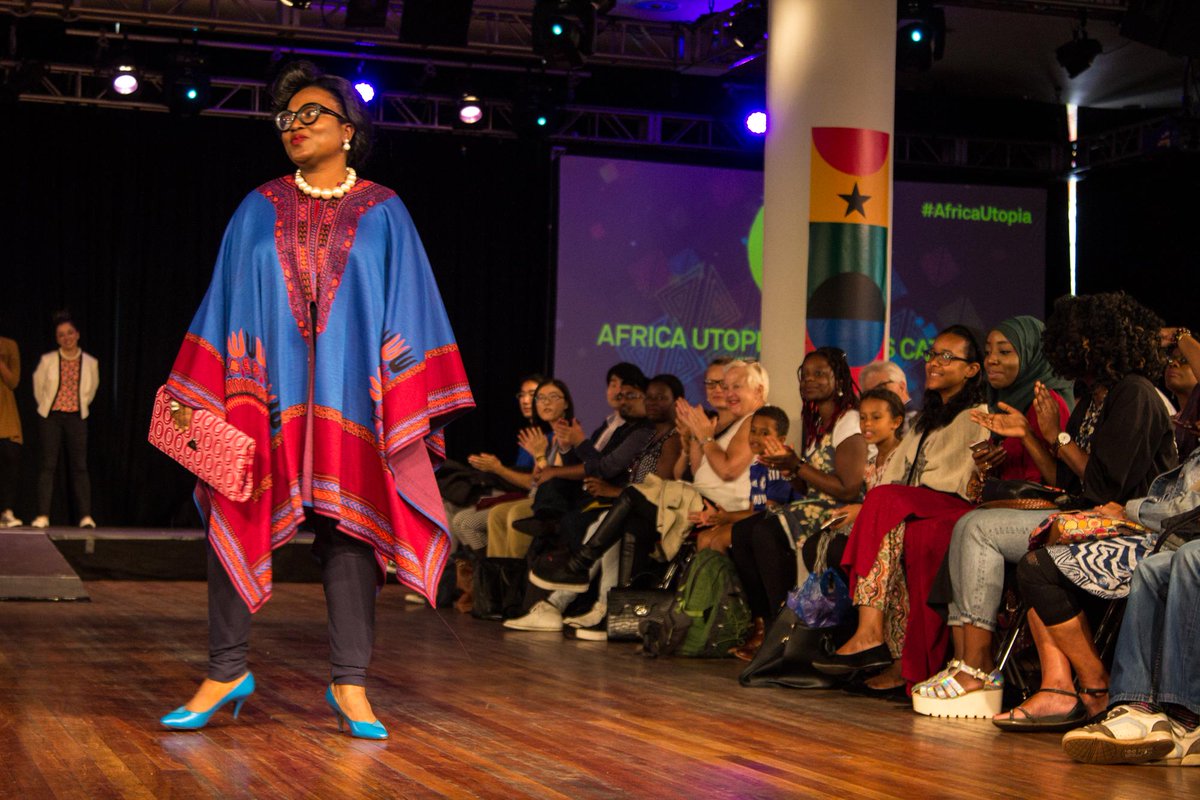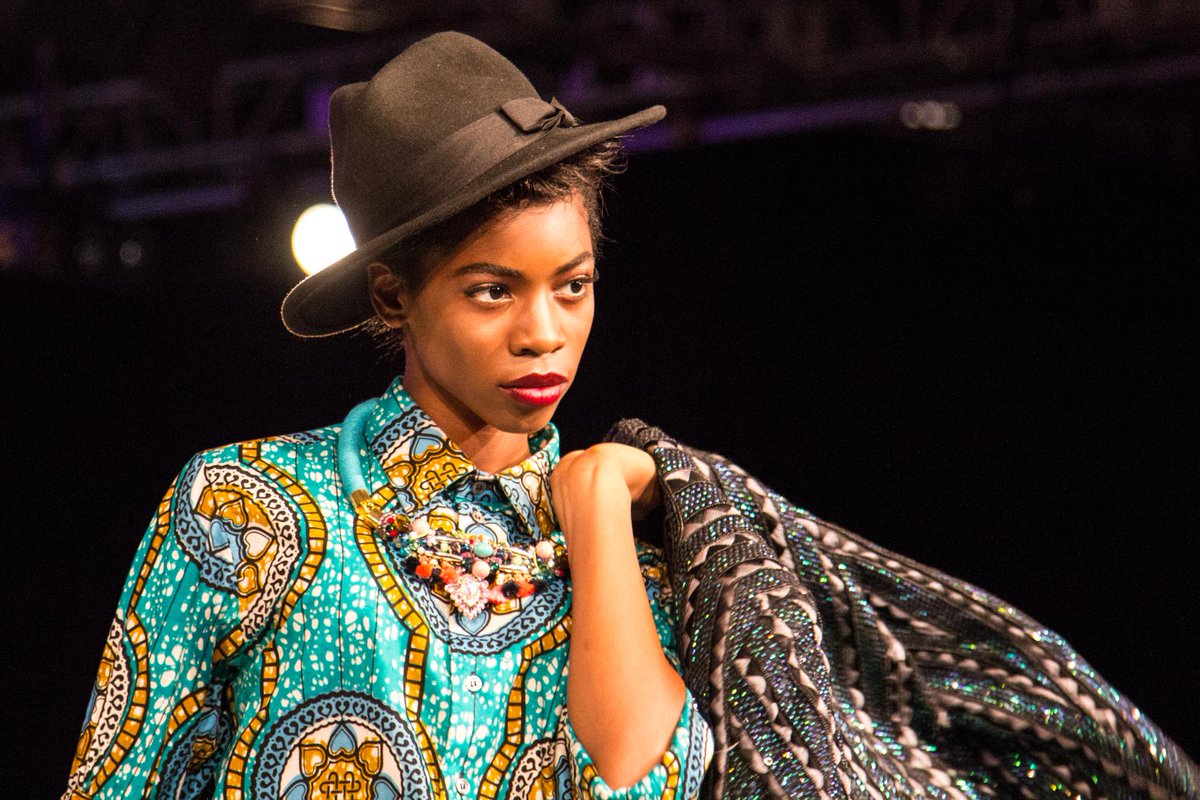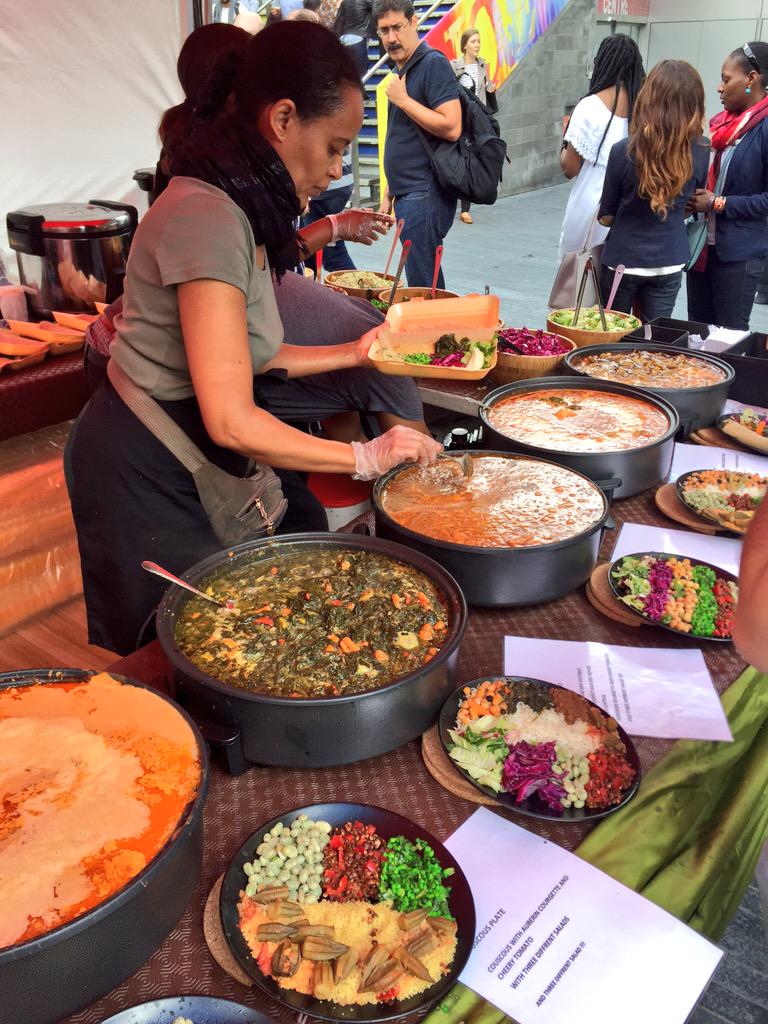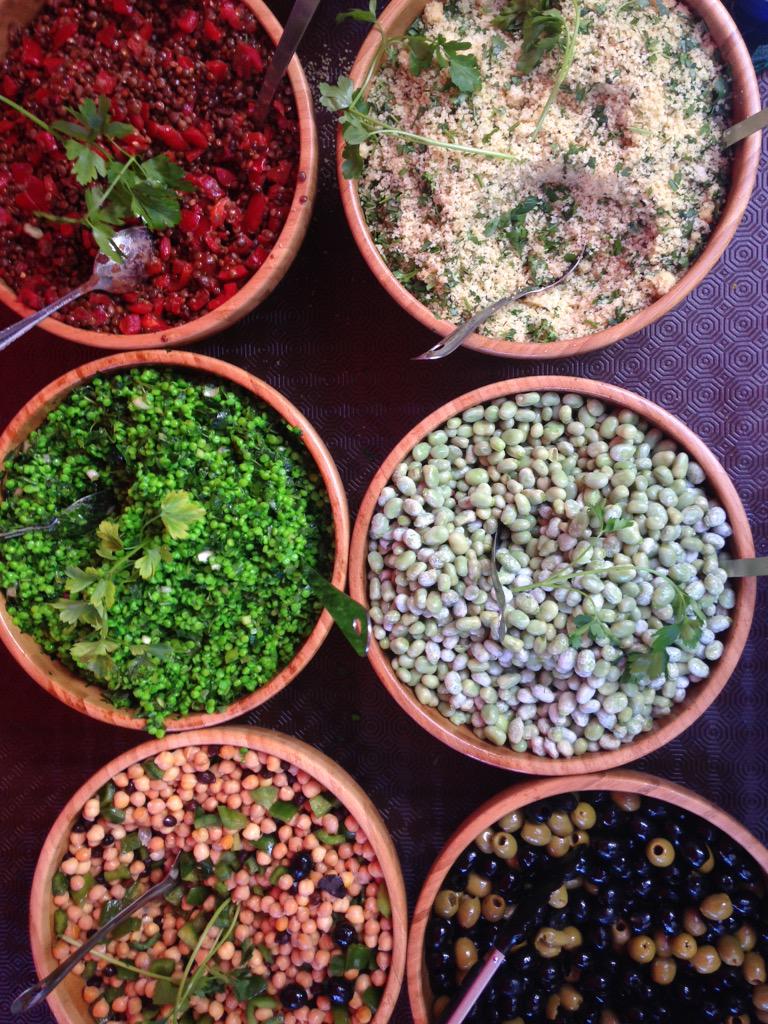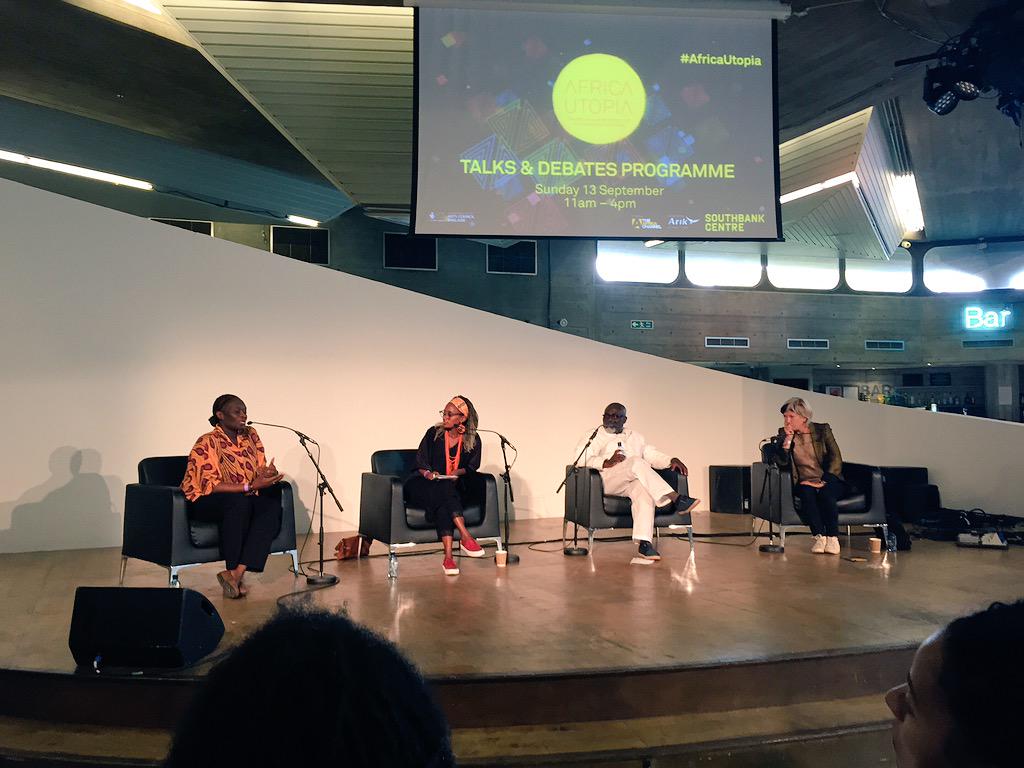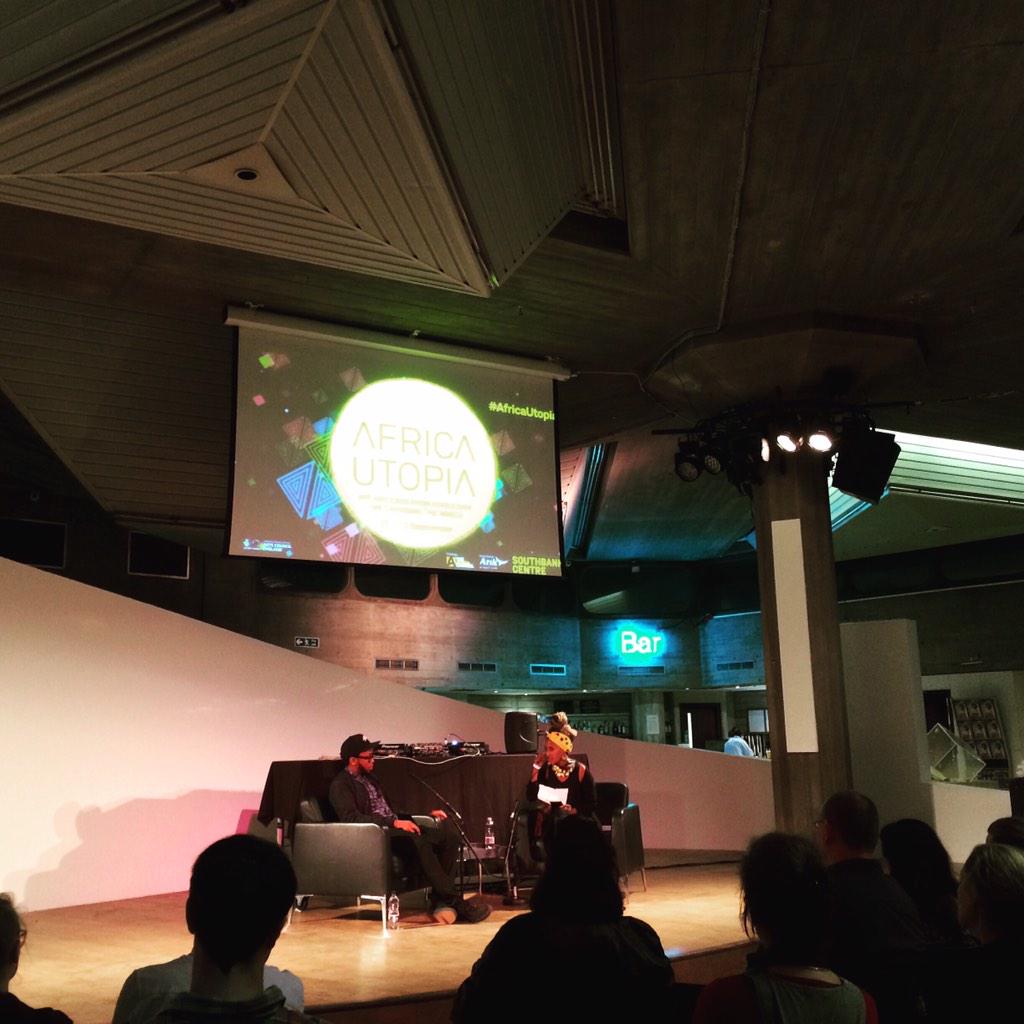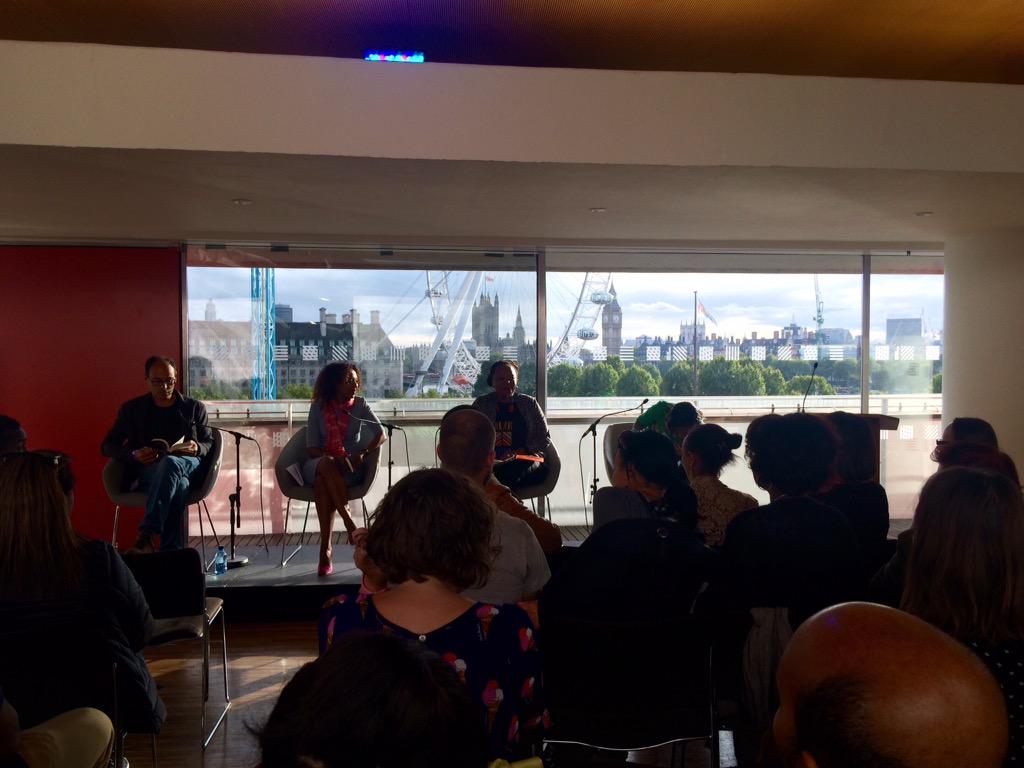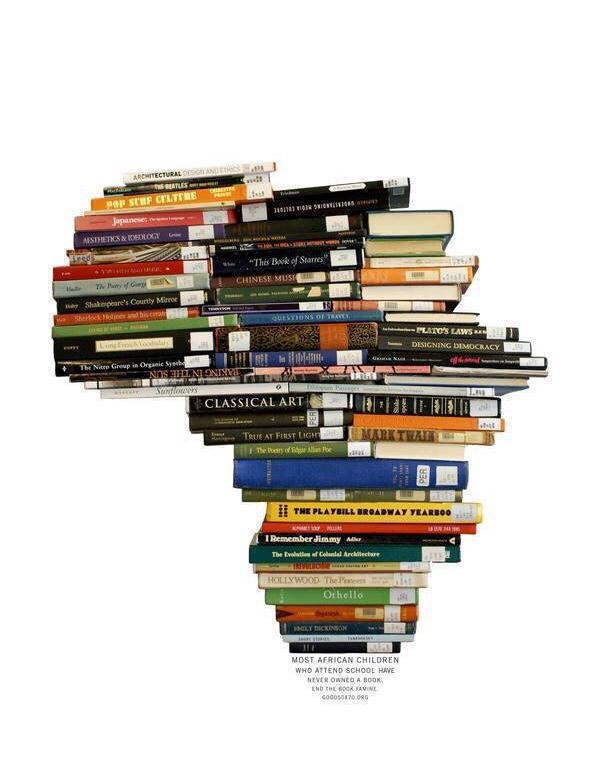 Evening view of Kampala city (credits: Joel Nsadha Isababi)
Evening view of Kampala city (credits: Joel Nsadha Isababi)
Uganda is commonly referred to as the Pearl of Africa which is not far from the truth considering her natural resources combined with a very hospitable population. Here are some crazy facts about her;
- Caesarian sections were being performed in Uganda way before 1879 when R.W. Felkin observed his first successful operation by indigenous healers in Kahura. (reference: Notes on Labour in Central Africa” published in the Edinburgh Medical Journal, volume 20, April 1884, pages 922-930.)
- There are about 880 mountain gorillas in the whole world and half of them are found in Uganda.
- Ranked as the world’s most entrepreneurial country with a rate of 28.1%. This means that 28.1% of Uganda’s population own or co-own a business that has paid salaries for more than 3 months but less than 42.
- Lakes and rivers cover 26% of Uganda which is 91,136 mi² (241,038 km²) making her the 81st largest country in the world by area. You could say Uganda and Oregon are roughly the same sizes.
- The preservation of the umbilical cord and the jawbone among the Ganda and Nyoro ethnicities is similar to the customs of the ancient Egyptian kings.
- Mountain Rwenzori (Margherita peak) is the 4th highest in Africa and reaches 5109m (16, 761ft). Interesting to note is it’s covered by snow throughout the year!
- Uganda is among the top ten coffee growers/ producers in the world as well as the world’s 4th largest exporter of Robusta coffee (2015).
- Grasshoppers are an important and popular seasonal delicacy!
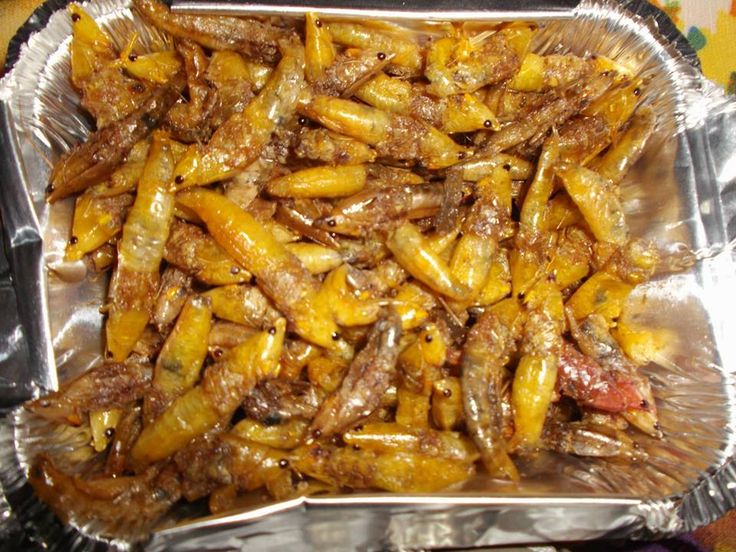
Pan fried grasshoppers (credits: Pinterest)
- Ranked as the world’s most ethnically diverse country (2013), in other words, if you randomly picked any two people from any part of Uganda, they would be of different ethnicities.
- Uganda is among the top 16 holiday destinations for 2016 by CNN. Also ranked as a top tourist destination for 2012 by lonely planet.
- Unbelievably true is the fact that Ugandans enjoy their alcohol (2013 study). Uganda ranks as number 1 in Africa and number 8 in the world.
- Lake Nalubaale (a.k.a Lake Victoria) found in Uganda is the source of the Nile and is the largest tropical lake in the world. The lake is also considered the second largest freshwater lake.
- The British christened Uganda its name, which is a Swahili word meaning land of the Ganda. (1900 Buganda agreement.)
- The Batwa, one of the endangered ethnicities, is believed to have lived for close to 60,000 years in the forests of southwest Uganda.
- Uganda is UNESCO’s sole representative of Barkcloth. It used to be common in Indonesia, Africa, Asia, and the Pacific. Important to note is, Uganda’s one of the countries that have preserved the custom of bark cloth making.
- Is home to rare earth minerals (REE- aluminous clays, yttrium, gallium & scandium) valued to be as much as 300 million tonnages. These minerals can be used in the manufacture of cars, airplane parts, and electronics. Other deposits can be found in China and Canada.
- The Luzira head that was discovered at the prisons in Luzira dates back to AD 1000. It is one of the oldest Sub-saharan sculptures yet discovered in Africa. It has been part of the British Museum’s ethnographic collection since 1931.
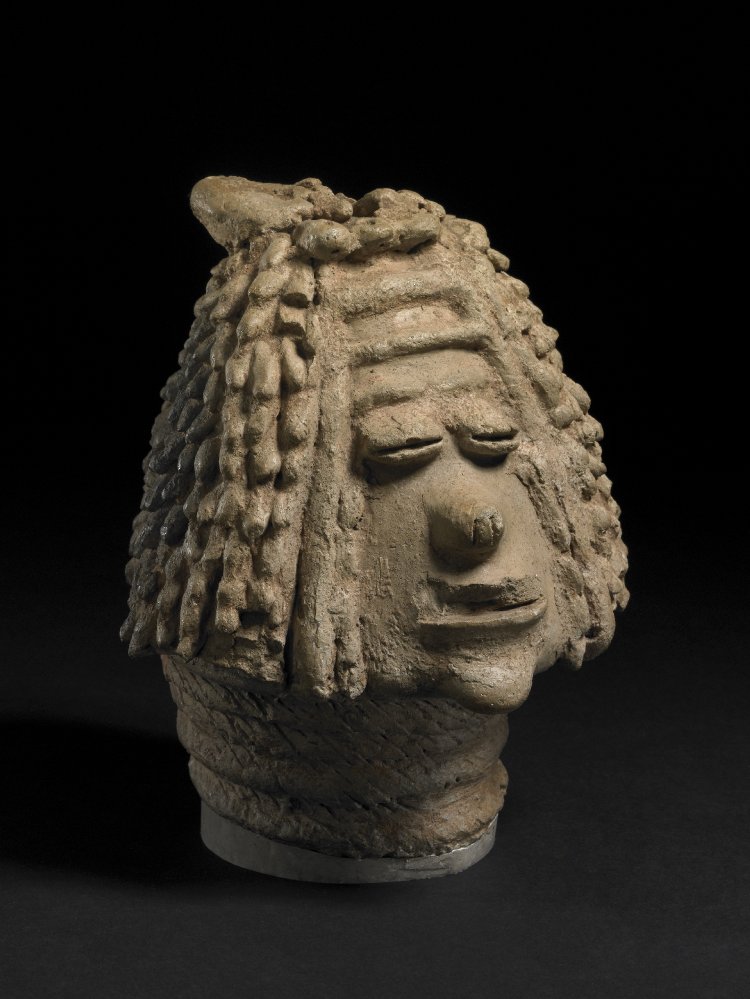
The Luzira head (credits: britishmuseum.org)
- Mutesa II, the first president of independent Uganda, was instrumental in funding the Mau-Mau rebellion against the British rule in Kenya.
- The story of the Uganda martyrs and their shrine built at Namugongo is a fascinating one. Thousands of people from East and Central Africa flock the shrine on 3rd June every year to honor the martyrs.
- Uganda is known as Africa’s premier birding destination. There are over 1000 bird species recorded in Uganda. It is even believed that some of the birds living in Uganda’s forests may not be classified as yet.
- The Kasubi tombs, in the central region, are a classic site of 13th-century architecture in Africa.

Kasubi tombs (credits:http://www.buganda.com)
- There are about 150,000 chimpanzees in Africa and a third of them are found in Uganda. In fact, a significant number of chimpazees across Africa are found in only 4 countries.
- The Nile perch is not indigenous to Uganda and was introduced into Lake Naluubale (a.k.a Lake Victoria) round about the 1950s.
- Uganda has huge deposits of over 50 precious minerals and most of them have not even been mined or refined.
- Uganda is one of the few countries in Africa to design her own car, the Kiira that was unveiled in 2011. The prototype was first designed by students at Makerere University and has since then undergone a couple of improvements and modifications.

The Kiira (credits: evbud.com)
- Misaki Wayengera, a Ugandan, developed a 5-minute Ebola test kit. This fantastic breakthrough is expected to reduce the Ebola death rate through quicker diagnosis.
- Uganda is the second youngest country in the world with about 70% of the population below the age of 25.
- Bazilio Olara Okello was Uganda’s president (de facto head of state) for two days from 27th July to 29th July 1985.
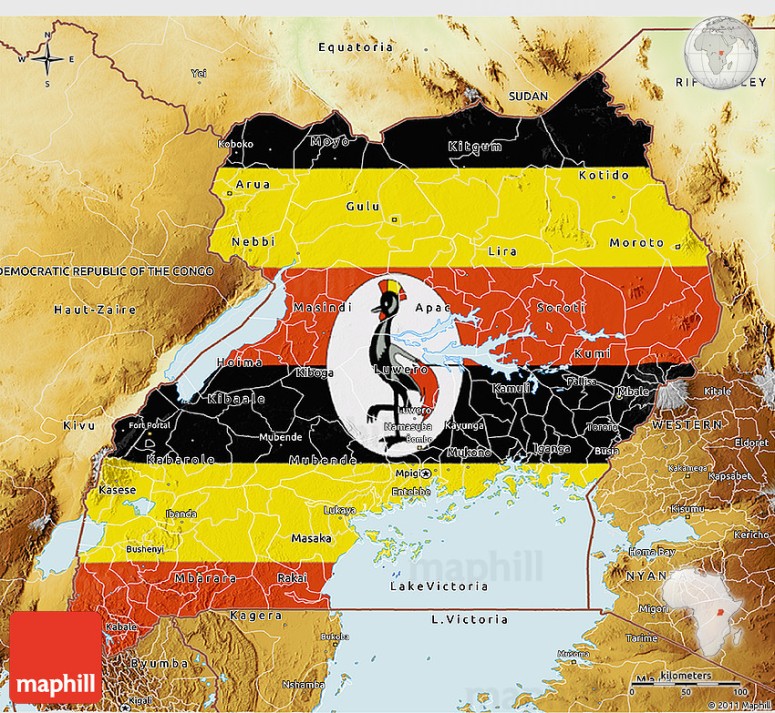
Courtesy: Oneafricangirl.com

